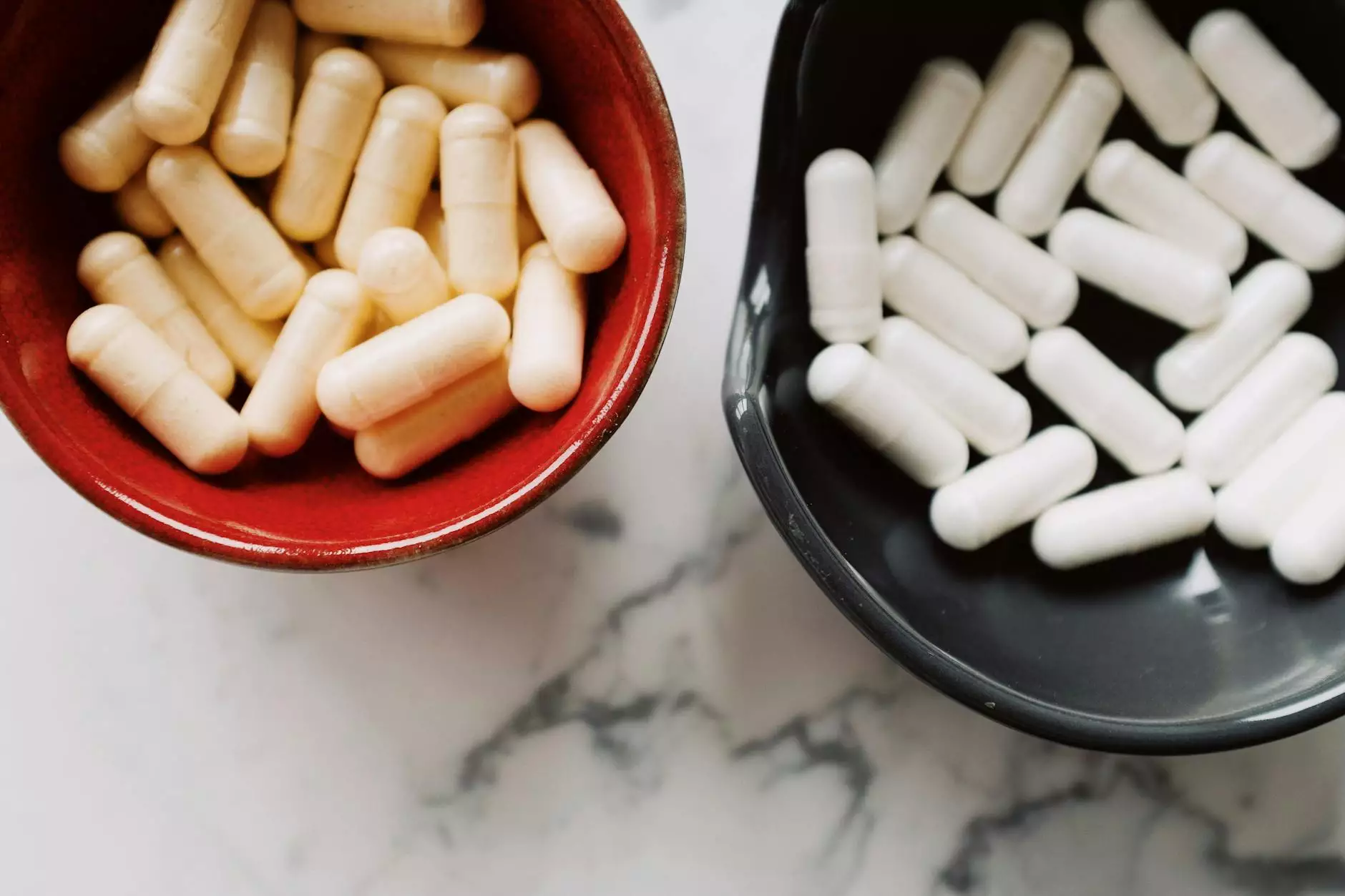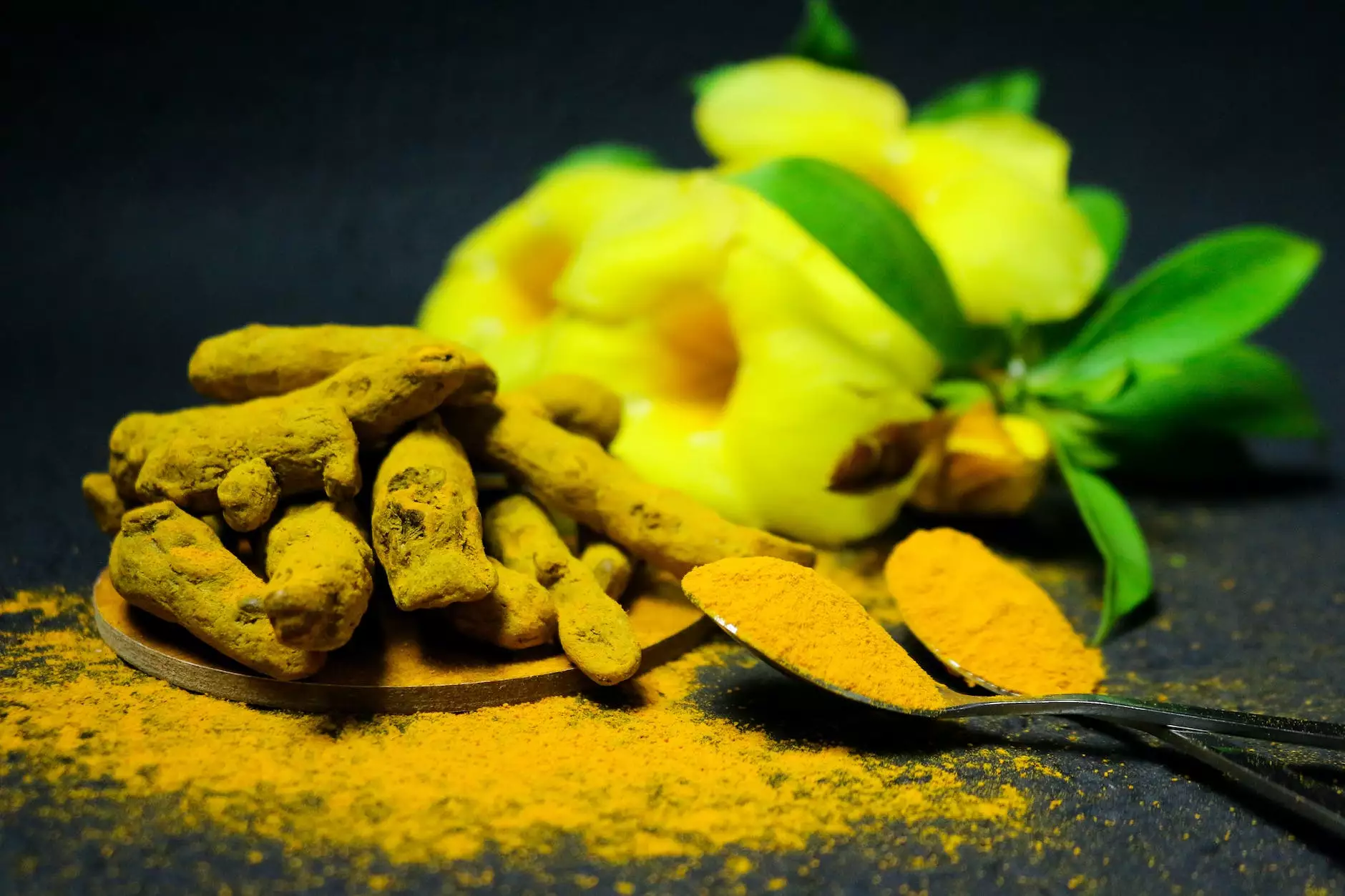Understanding Vitamin and Mineral Supplements for Horses

In the world of equine care, ensuring that horses receive the proper nutrition is essential for their health, performance, and overall well-being. One vital aspect of an equine diet that often warrants attention is the inclusion of vitamin and mineral supplements for horses. These supplements not only fill nutritional gaps but also promote robust health and vitality. Let’s dive into the fascinating world of these supplements and understand their importance.
The Importance of Vitamins and Minerals for Horses
Horses, like all living creatures, cannot manufacture certain nutrients on their own, making it crucial to provide them through diet or supplementation. Vitamins and minerals play key roles in various bodily functions, including:
- Bone Development: Calcium and phosphorus are vital for bone structure.
- Muscle Function: Electrolytes such as sodium, potassium, and magnesium aid in muscle contractions.
- Immune Function: Vitamins A, C, and E protect against infections and promote healing.
- Energy Production: B vitamins are essential for metabolic processes.
Insufficient levels of these nutrients can lead to a range of health issues, proving that careful attention to diet is non-negotiable for any responsible horse owner.
Common Vitamins Needed by Horses
Understanding specific vitamins and their functions can help horse owners make informed decisions regarding supplementation.
Vitamin A
Vitamin A is crucial for vision, skin health, and immune response. It is primarily found in green forage and can be supplemented in the form of oil or powder.
Vitamin D
This vitamin is vital for calcium absorption and regulation, playing a key role in bone health. Sunlight exposure is a natural source, but during winter months, supplementation may be necessary.
Vitamin E
Known for its antioxidant properties, Vitamin E supports the immune system and muscle function. It is especially important for performance horses and those under stress.
B Vitamins
- B1 (Thiamine): Aids in energy metabolism and nervous system health.
- B2 (Riboflavin): Important for healthy skin and energy production.
- B3 (Niacin): Supports digestive health and energy metabolism.
Essential Minerals for Optimal Health
Minerals are necessary for various physiological functions that maintain health and enhance performance.
Calcium
Calcium supports bone integrity and muscle contraction and is often paired with phosphorus for balanced supplementation.
Phosphorus
This mineral works closely with calcium and is essential for energy transfer and bone health. The correct calcium-to-phosphorus ratio is vital to avoid bone-related issues.
Magnesium
Magnesium is involved in over 300 biochemical reactions, including those related to muscle function and energy production. It helps in preventing muscle cramping and promoting relaxation.
Electrolytes
Electrolytes such as sodium, potassium, and chloride ensure proper hydration, nerve function, and muscle activity. It's critical for horses engaged in intense exercise to replenish these minerals.
Choosing the Right Vitamin and Mineral Supplements for Horses
When selecting supplements, horse owners must consider several factors to ensure they meet the specific needs of their equine companions:
- Type of Activity: Performance horses require different nutrition than leisure horses.
- Age: Young, growing horses have distinct nutritional needs compared to seniors.
- Diet Quality: Evaluate the existing diet to identify any deficiencies.
- Health Status: Horses with health concerns may require targeted supplementation.
Administration of Vitamin and Mineral Supplements
There are several modes of administration for vitamin and mineral supplements, including:
Pellets and Granules
These are palatable options that can be mixed into the horse’s feed. They are easy to measure and ensure consistent dosing.
Powders
Powdered supplements can be sprinkled on feed and are often used when a concentrated form of a specific nutrient is required.
Liquids
Liquid supplementation is optimal for hydration and can be added to water or feed. They are particularly effective for rapid absorption.
Injectables
Some minerals and vitamins can be administered through injections, especially when immediate uptake is necessary or oral absorption is compromised.
Potential Risks of Over-Supplementation
While supplements can support health, over-supplementation can lead to toxicity and adverse health effects. It is crucial to:
- Consult with a veterinarian before adding supplements to your horse's diet.
- Monitor your horse's health regularly to identify any potential issues.
- Adjust dosages according to dietary needs and activity levels.
Examples of Popular Vitamin and Mineral Supplements for Horses
Various products available on the market are designed specifically to meet the nutritional needs of horses. Here are a few well-regarded brands:
- SmartPak: Offers a variety of tailored supplements that cater to different needs, including joint health and vitamin and mineral balance.
- Equine Essentials: Known for their comprehensive supplements that combine multiple vitamins and minerals for overall health.
- Lifetime: Provides a range of supplements that focus on digestive health and immune support.
Conclusion
The right vitamin and mineral supplements for horses can vastly enhance their quality of life and performance capabilities. By understanding the vital roles that these nutrients play in your horse's health and selecting appropriate products, you can ensure your equine partner remains in optimal condition.
At Tacomavetmedication.com, we offer an extensive collection of top-quality equine supplements designed to cater to the diverse needs of every horse. Ensure your horse thrives by investing in their nutritional needs today!









